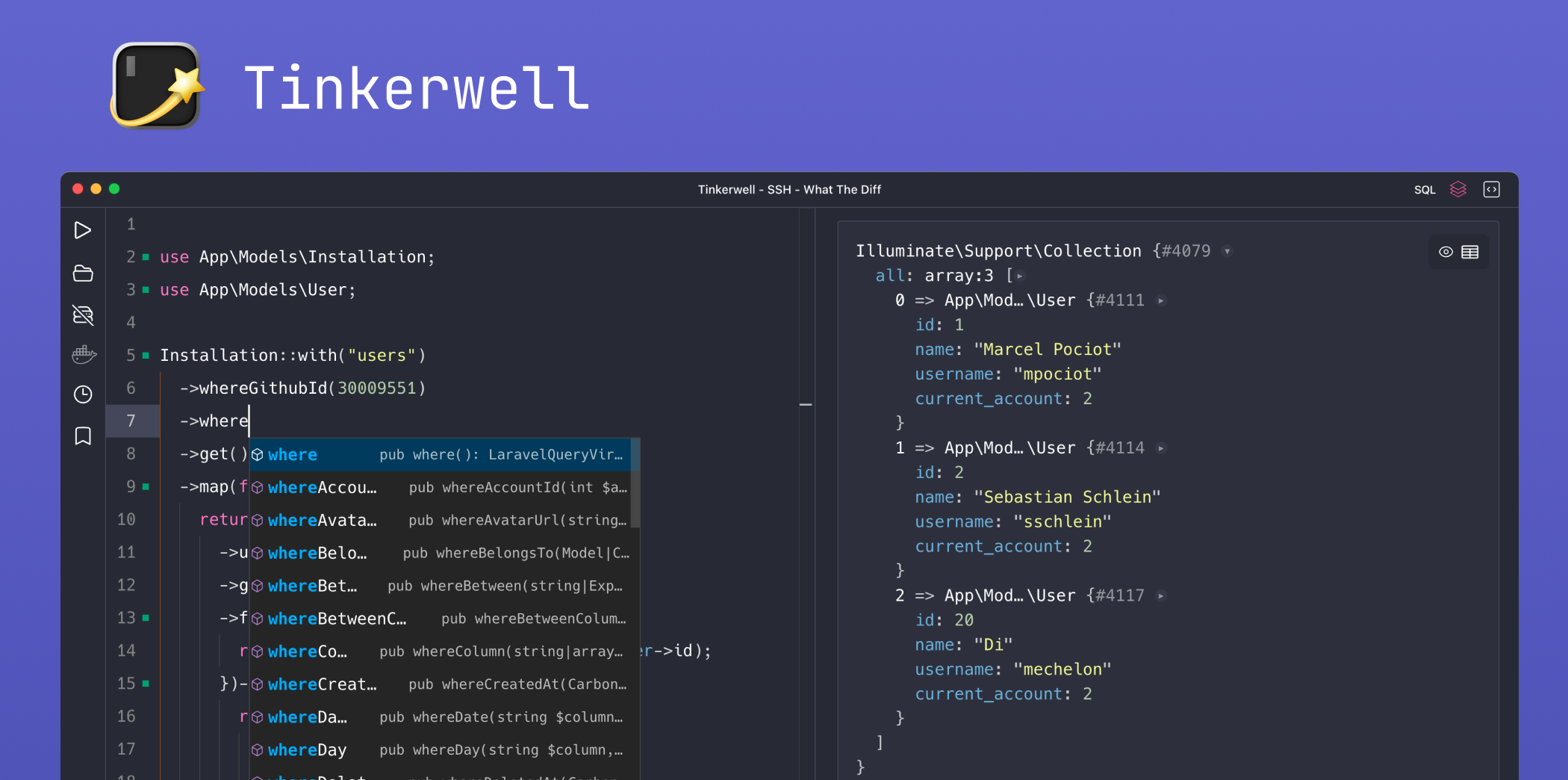If you’ve been working with Laravel for any time, you probably know the standard methods for creating Eloquent Models like make(), create(), update, and save(). Laravel includes some other methods are that also really useful for creating and updating Models that I feel don’t get enough attention. So in this article, I’d like to go over some of these additional methods and explain how they might be useful.
firstOrNew
The firstOrNew method is really useful for finding the first Model that matches some constraints or making a new one if there isn’t one that matches those constraints.
You can take a piece of code that looks like this:
$user = User::where('email', request('email'))->first(); if ($user === null) { $user = new User(['email' => request('email')]);} $user->name = request('name'); $user->save()And turn it into this:
$user = User::firstOrNew(['email' => request('email')]); $user->name = request('name'); $user->save()You may also pass an array of additional attributes to set as the second parameter if no existing Model is found:
$user = User::firstOrNew( ['email' => request('email')], ['name' => request('name')]); $user->save();firstOrCreate
The firstOrCreate method is very similar to the firstOrNew method. It tries to find a model matching the attributes you pass in the first parameter. If a model is not found, it automatically creates and saves a new Model after applying any attributes passed in the second parameter:
$user = User::firstOrCreate( ['email' => request('email')], ['name' => request('name')]); // No call to $user->save() neededfirstOr
I recently found the firstOr method while source-diving. The firstOr method retrieves the first Model from a query, or if no matching Model is found, it will call a callback passed. This can be really useful if you need to perform extra steps when creating a user or want to do something other than creating a new user:
$user = User::where('email', request('email'))->firstOr(function () { $account = Account::create([ //... ]); return User::create([ 'account_id' => $account->id, 'email' => request('email'), ]);});updateOrCreate
The updateOrCreate method attempts to find a Model matching the constraints passed as the first parameter. If a matching Model is found, it will update the match with the attributes passed as the second parameter. If no matching Model is found a new Model will be created with both the constraints passed as the first parameter and the attributes passed as the second parameter.
You can refactor this piece of code:
$user = User::where('email', request('email'))->first(); if ($user !== null) { $user->update(['name' => request('name')]);} else { $user = User::create([ 'email' => request('email'), 'name' => request('name'), ]);} // Do other things with the UserTo this using the updateOrCreate method:
$user = User::updateOrCreate( ['email' => request('email')], ['name' => request('name')]); // Do other things with the UserConclusion
Overall, I think these methods can help clean up your code in certain circumstances and are great options to have in your tool belt! Let me know if you know of any others that are really useful and not well known. I love learning about these little details that make Laravel so nice to work with.
TALL stack (Tailwind CSS, Alpine.js, Laravel, and Livewire) consultant and owner of designtotailwind.com.











